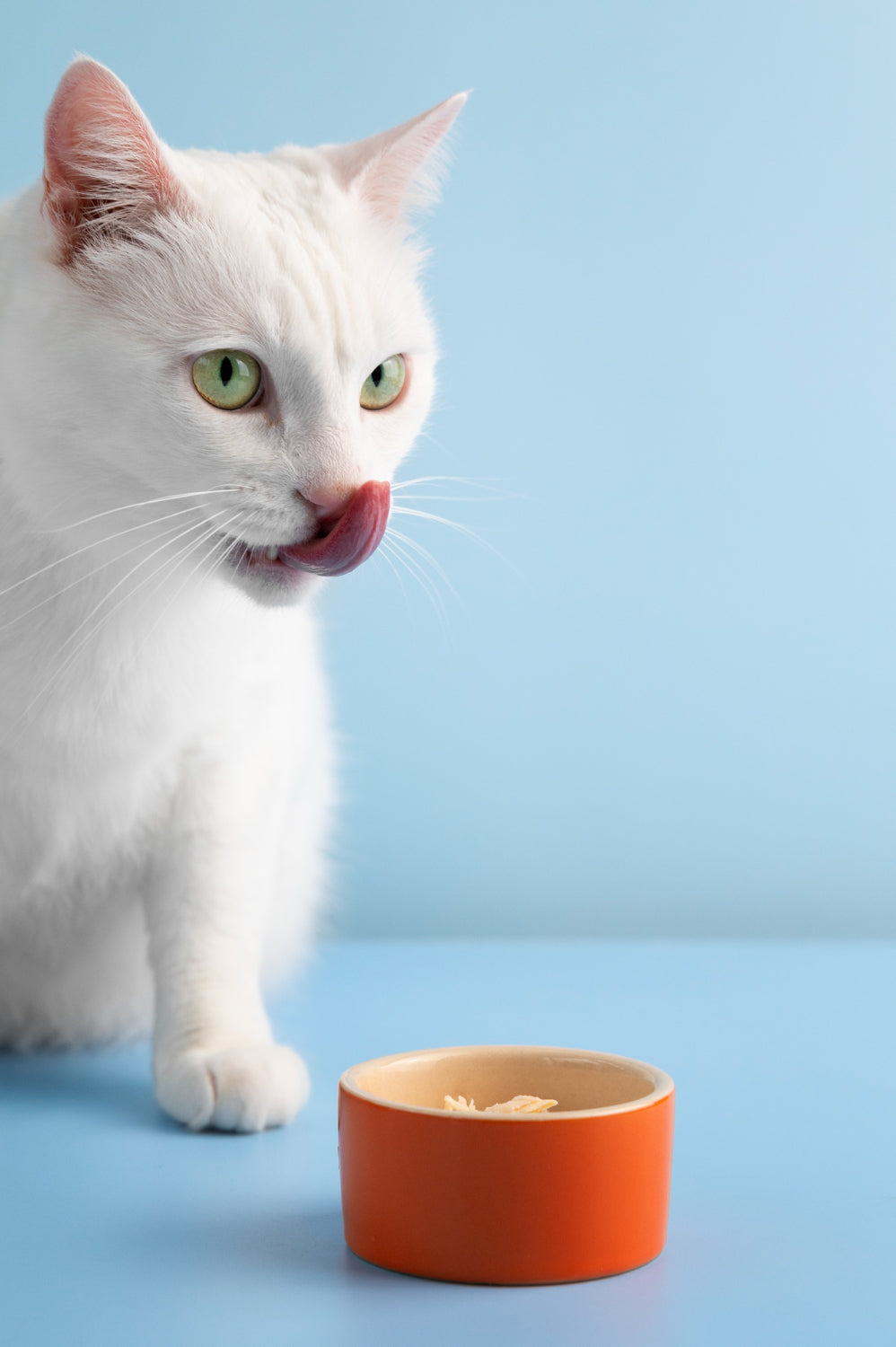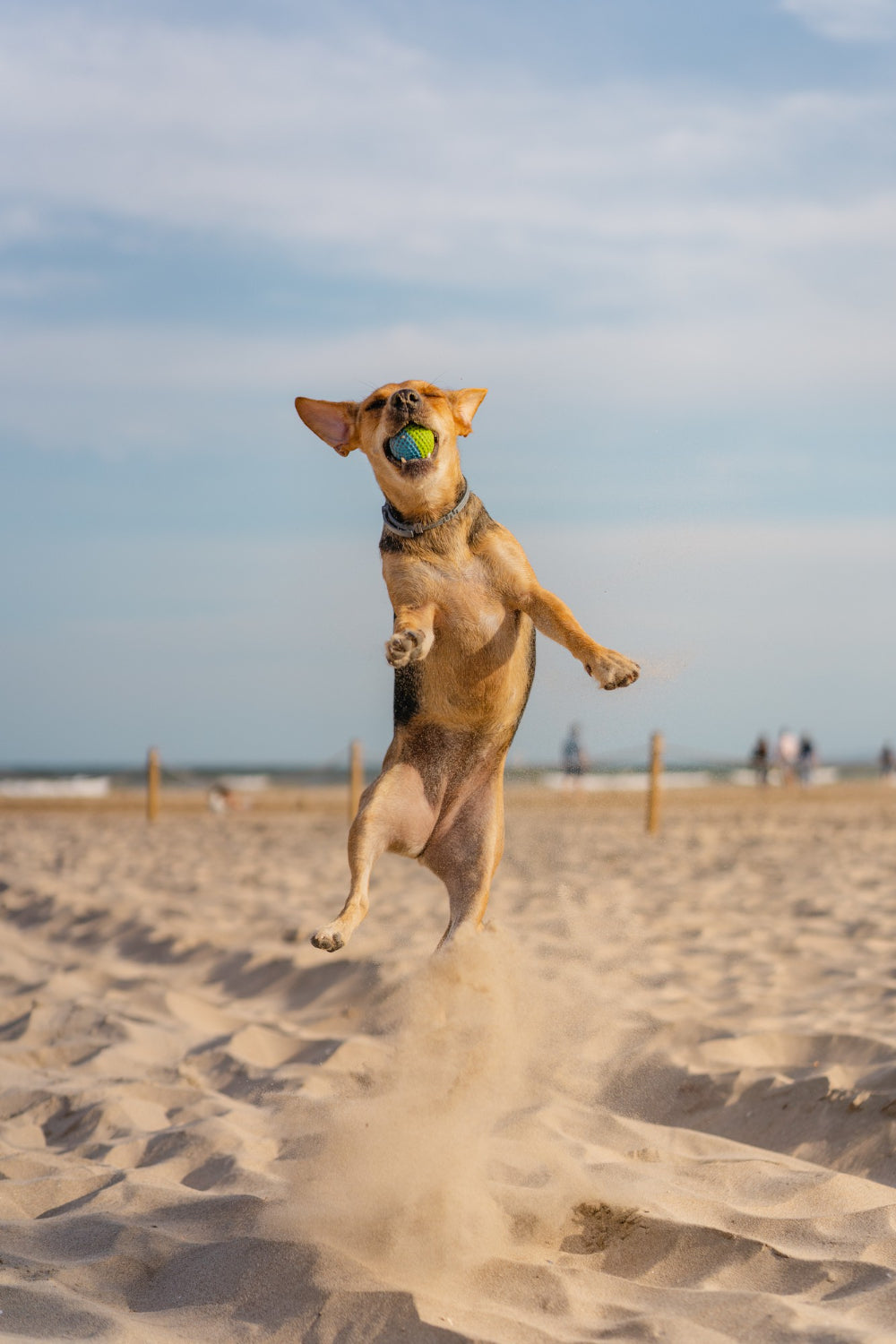We all love to share a little treat with our pets, especially when those puppy-dog eyes are staring up at our plate. But some common Thai dishes and ingredients can actually be dangerous—even deadly—for dogs and cats.
If you’ve ever wondered “Can my pet eat this?”, this guide is for you.
🥢 1. Sticky Rice (Khao Niew)
While small bites might seem harmless, sticky rice is hard to digest—especially for dogs. It can lead to bloating, gas, or constipation. Avoid giving it regularly.
🧄 2. Garlic and Onions (Pad Kra Pao, Tom Yum)
Garlic, shallots, onions, and leeks—all common in Thai cooking—are toxic to both dogs and cats. They can damage red blood cells and cause anemia. Even small amounts over time can build up in their system.
🌶️ 3. Spicy Foods
Thai cuisine is famously spicy—but pets can’t handle chilies the way we can. Capsaicin (the chemical in chili) can cause stomach pain, vomiting, or even ulcers in pets. No som tam or pad prik for them!
🐟 4. Raw Fish or Dried Seafood Snacks
Raw fish can carry parasites and bacteria harmful to pets. While dried fish snacks sold for humans are popular, they often contain added salt, MSG, or preservatives not safe for animals.
Stick to pet-grade fish treats instead.
🧊 5. Thai Desserts (Khanom)
Mango sticky rice, coconut pudding, or anything with condensed milk is a no-go. Too much sugar can lead to obesity, dental issues, and diabetes in pets. Coconut milk can also cause stomach upset.
🥜 6. Peanuts and Cashews
Some nuts, including macadamia nuts, are toxic to dogs. Others, like peanuts, are only safe unsalted and in small amounts. The salty or chili-coated versions found in Thai snacks are harmful.
🍖 7. Cooked Bones
It’s common in Thai households to give leftover cooked bones from grilled chicken or pork. But cooked bones can splinter, leading to choking, internal injury, or blockages.
If you want to give bones, stick to raw, pet-safe ones under supervision.
🧂 8. Fish Sauce, Soy Sauce, and MSG
Even small amounts of Nam Pla (fish sauce) or soy sauce contain high levels of salt—and pets are far more sensitive to sodium than humans. MSG, often added to enhance flavor, is also a risk.
🥤 9. Sweetened Drinks & Bubble Tea
No Thai tea, Coke, or boba milk tea for your furry friend. These drinks contain caffeine, dairy, and sugar—all harmful to pets. Even “milk” can cause diarrhea, as most adult pets are lactose intolerant.
🍫 10. Chocolate and Sweets
This one’s more globally known, but still worth repeating. Chocolate contains theobromine, which is toxic to pets. Dark chocolate is even worse. Keep all sweets out of reach.
✅ Safe Thai-Inspired Treat Alternatives
Want to share a snack without risking your pet’s health? Try these safer options instead:
-
Plain boiled chicken or pork (no salt or sauce)
-
Cooked carrots or pumpkin
-
Small bits of banana or mango
-
Dog-safe frozen fruit pops (you can make these at home!)
-
Pet-grade jerky or chewy treats
❤️ Final Reminder
Just because we love a dish doesn’t mean our pets can handle it. When in doubt, don’t share human food—especially from Thai kitchens where strong spices, sauces, and seasonings are common.
Their health is worth more than a bite of pad thai.



